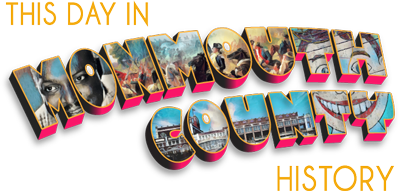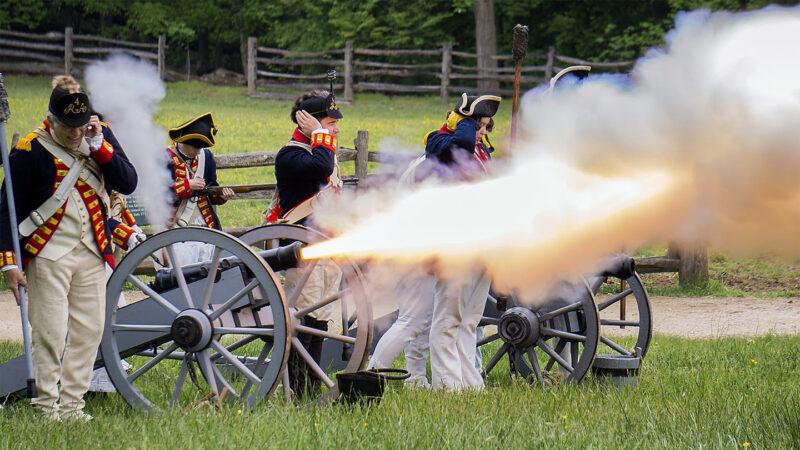On September 24, 1777, Joshua Huddy became a captain of artillery for the New Jersey militia.
The year 1777 had started off with some badly needed victories on the part of the Continental Army under George Washington, such as at Princeton. But fortunes turned for the worse when General Sir William Howe and the British routed Washington at Brandywine on September 11, and went on to capture and occupy Philadelphia. There is simply no way to know if Huddy’s promotion was sparked by the alarm over the outcome at Brandywine, but it certainly may have been.
Joshua Huddy had joined the New Jersey militia in 1776. After his promotion in 1777, he gladly pulled the rope to hang Stephen Edwards, a Loyalist from Shrewsbury, who had been spying for the British. Huddy was among the judges who presided over what was essentially a kangaroo court, an extralegal tribunal. Outrage over this incident and Huddy’s involvement would have ripple effects that would eventually put the Paris peace talks in jeopardy.
After the Battle of Monmouth, Huddy and his men harassed the British on their way to Sandy Hook; Huddy served as captain of the Monmouth militia from March to December 1779.
In 1778, Huddy pleaded guilty to an indictment for “Assault &c” (i.e., et cetera), probably perpetrated against one Charles Gillmore, the State’s first witness. Extant records do not indicate who Gillmore was or why Huddy assaulted him, but Huddy’s admission of guilt – and his payment of a £10 fine – lend credence to the idea that despite the romanticized portrait sketched by later historians, the real Huddy was a man of rough edges for whom violence was not limited to the battlefield.
Sources:
Adelberg, Michael S. (2010). The American Revolution in Monmouth County: The Theatre of Spoil and Destruction. The History Press, Charleston, S.C.
Davidson, Stephen. (2017). Expanding the Headlines of 1777: Avenging Stephen Edwards. Paper presented at 2017 United Empire Loyalists Association of Canada Conference: Discover Your Roots, June 22 – 25, 2017; London, Ontario, Canada; hosted by London & Western Ontario Branch and Grand River Branch. Available: https://uelac.ca/loyalist-trails/loyalist-trails-2017-11/.
Fitzpatrick, John Clement. (1915). Calendar of the correspondence of George Washington, Commander in Chief of the Continental Army, with the Officers. Library of Congress, Manuscript Division, Washington, D.C. Published by the Government Printing Office, Washington, D.C. Available: https://archive.org/details/chiefcontinental03washrich/page/n3/mode/2up.
Saretzky, Gary D. (2004). The Joshua Huddy Era: Documents of the American Revolution. Catalog of the Exhibition at Monmouth County Library Headquarters, Manalapan, N.J, October, 2004; Revised November 2004. Produced by the Monmouth County Archives. Available: http://visitmonmouth.com/archives.


Leave a Reply